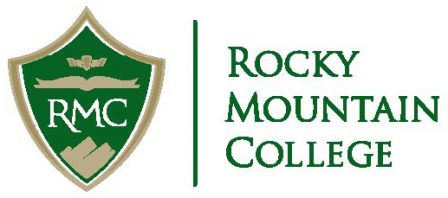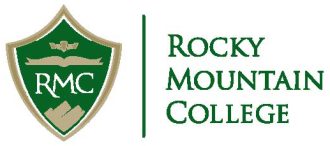Repaying Your Student Loans
March 18, 2022 2024-02-15 22:25Repaying Your Student Loans
Regulations require all students who have borrowed a federal loan to participate in loan exit counseling.
Loan counseling:
- Is required before you withdraw, graduate, or drop below half-time attendance (even if you plan to transfer to another school);
- Helps you understand your rights and responsibilities as a student loan borrower;
- Provides useful tips and information to help you manage your loans.
You can complete your federal Direct loan exit counseling at Student Loan Exit Counseling.
If you borrowed a Federal Perkins Loan please contact our Perkins loan servicer Unisa’s website. Once on their home page you will need to click on the LOG IN/SIGN UP button in the upper right corner of the screen.
If you borrowed private loans, also called alternative student loans, please contact your lender(s).
Navigating the path to successful student loan repayment
Your investment in higher education will pay off in many ways—widened career opportunities, increased intellectual fulfillment, and an enhanced quality of life. If student loans were a part of your college funding strategy, you’ll start repaying them soon. Here are things to do before you make your first student loan payment. If you follow these helpful tips along your path to repayment and you could be well on your way to a bright financial future.
Top Tips
- Log in and review your student loan balance on your Dashboard.
- Choose a repayment plan based on your income. Loan Simulator can help you decide which plan is right for you.
- Visit your loan servicer’s website if you need help. Loan servicers are an important resource.
- Pay your student loans online through your loan servicer’s website. Tip: Set up auto pay to ensure on-time payments.
- Review the various loan forgiveness options.
1. Understand What You Owe. You can find your personal loan details through your loan servicer account and your StudentAid.gov account. Sign up to receive email communications on your loan servicer’s website so you don’t miss any important information about your loans.
2. Select the repayment plans that’s right for you. Research repayment options at the Department of Education’s repayment plans website Federal Student Loan Repayment Plans. Federal student loans have a wide range of repayment plan options. You can pick from repayment plans that base your monthly payment on your income or plans that give you a fixed monthly payment. Your loan servicer will work with you on repayment options at no cost to you.
3. Make Payments. You will make your payments to your loan servicer. You can pay your student loans through your account on your loan servicer’s website. You can choose the payment date. Make your payments on time. This helps to build and maintain a good credit rating. If you sign up for auto pay, you’ll pay 0.25% less in interest each month. Auto pay means your loan payments are automatically deducted from your bank account. This ensures payments are made on time. Consider paying a little extra each month. Paying just a few extra dollars of principal each month can go a long way toward helping you pay off your loans faster and reduce the interest you pay.
4. If You Can’t Afford Your Payments. You always have options if you can't pay. Contact your loan servicer as soon as possible to discuss options. An Income Driven Repayment plan could lower your payment. If your income drops (for example, if you become unemployed), your payment could be as low as $0 per month. If you’re in a short-term financial bind, you may qualify for a deferment or a forbearance. With either of these options, you can temporarily suspend your payments. But postponing payments can cost you if unpaid accrued interest is added to the loan balance. Use deferment and forbearance only if absolutely necessary.
5. Learn About Loan Forgiveness Options. There are several loan forgiveness options, but most programs have strict eligibility requirements. Student loans can be forgiven under programs such as public service loan forgiveness, teacher loan forgiveness, income-driven repayment (IDR) forgiveness, total and permanent disability discharge. Contact your loan servicer for more information.
Contact the Financial Aid Office if you have any questions. We are here to help.
Contact
Prescott Hall
Lower Level


